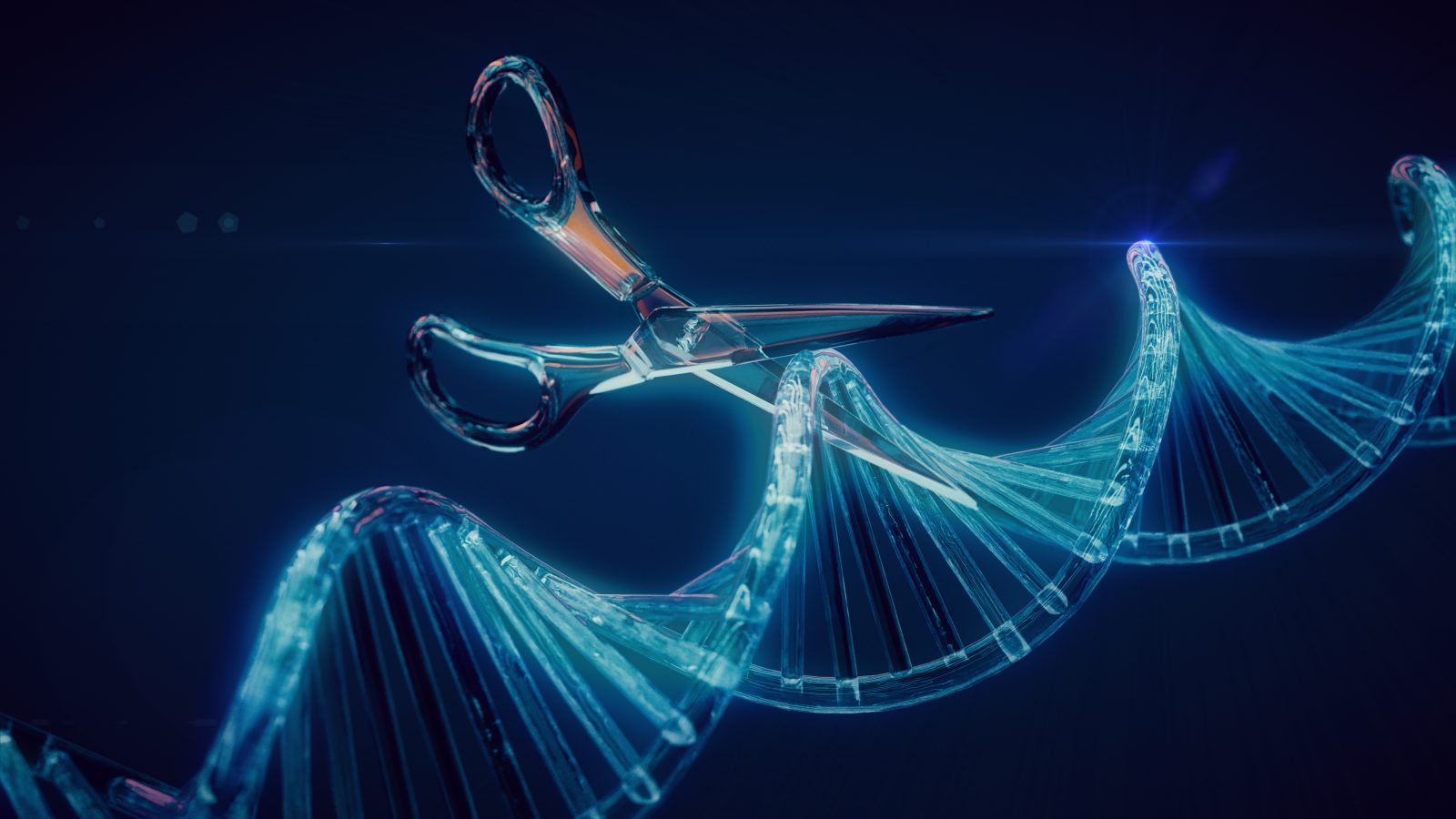


The Simple Life: Abiogenesis Gets Another Reality Check

Richard Sternberg on the Trail of the Immaterial Genome

Wesley J. Smith Sounds the Alarm on Germline Genetic Editing
On today’s ID the Future, bioethicist Wesley J. Smith makes the case for passionate opposition to, and stricter bioethical regulations against germline genetic engineering that changes not only the genetics of the subject but also of all that subject’s descendants. He and episode host Casey Luskin discuss germline genetic editing in China, the brouhaha that ensued when the experimental work by He Jiankui came to light, and why Smith is convinced that China’s disapproving response is less than it appears on the surface. He’s convinced, he explains, that the Chinese government wasn’t upset that the Chinese scientist conducted the experiment. They surely knew about his work and allowed it, Smith says. Rather, they and the scientific establishment internationally were upset that Jiankui went public before the public had been softened up to embrace germline genetic editing with lots of talk about how it will save lives. Smith argues the health benefits being pursued can be achieved without permanently altering the germlines, and he warns of a brave new world of eugenics pursued using CRISPR technology and germline editing. As he explains, it’s not just that germline editing could lead to unintended health consequences, or that such changes could work their way into the human population long term. It’s also that the eugenics mindset driving much of this experimental work threatens to undermine the foundational belief that all humans possess inherent dignity and worth, not just those humans who are genetically edited and enhanced. The occasion for the conversation is Smith’s bioethics chapter in the recently released anthology from Harvest House Publishers, The Comprehensive Guide to Science and Faith.

New Gene Research: A Single-Couple Human Origin is Possible
On this episode of ID the Future, biologist Ann Gauger talks with host Andrew McDiarmid about new research challenging the common claim that the field of population genetics rules out a single-couple human origin. She and Stockholm University statistical mathematician Ola Hössjer have just published a paper in the journal BIO-Complexity modeling the scenario using a newly developed computer algorithm. The results, Gauger says, show that the genetic data does not rule out Adam and Eve.
Read More ›
Richard Sternberg on the Trail of the Immaterial Genome
On this episode of ID the Future, Dr. Richard Sternberg, research fellow at the Biologic Institute, speaks on his mathematical/logical work showing the difficulty of identifying genes purely with material phenomena, and that DNA doesn’t have all that’s needed to direct the development of organisms.
Read More ›